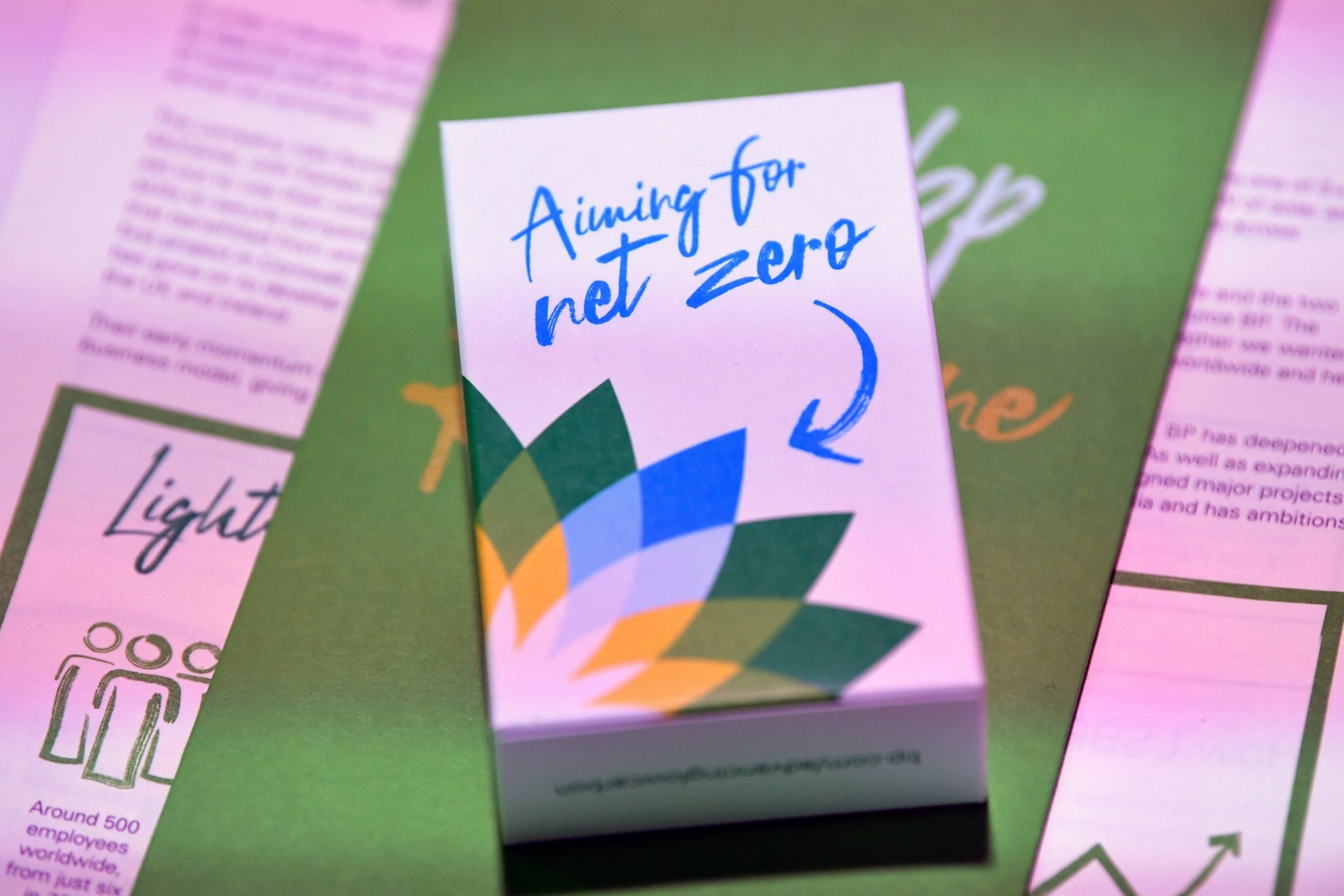Just how credible is BP’s carbon neutral promise?
James Moore looks at whether the oil giant can really back up its claims of going green


Oil giant BP has boldly stated that it has “new purpose”. The company says it’s “reimagining energy for people and our planet” as part of becoming a net carbon-zero company by 2050.
I wonder how much they paid the marketing/pr guru who came up with those words.
Actually, it wouldn’t surprise me if it involved a fleet of them spending hours in conference rooms “brainstorming”.
The proof of the pudding is in the eating, so they say, and there’s not as much to eat in the company’s statement as climate campaigners would probably like to see.
But you can chew on this. It says: “BP also remains committed to its investor proposition of growing sustainable free cash flow and distributions to shareholders.”
So perhaps the headline should have read “reimagining energy for people and our planet just so long as we don’t put the dividend at risk”.
While BP is notable for being the first oil major to make the 2050 pledge, it isn’t the first company to do so.
A lot of credulous commentators have been taking these promises as evidence for how seriously CEOs are now taking the climate crisis. Forgive me for being cynical, but I’d like to see a little more evidence before I buy into their spin.
Their promises tend to have long lead times, which can make them subject to revision.
To be fair to BP, Bernard Looney, the company’s energetic new CEO, did say that the business would drive returns and cash flow but “not production volumes”.
“And with that you can expect oil and gas production to decline gradually over time.”
That’s quite radical for an oil and gas producer and drew a favourable comment from the Church Commissioners for England, who have a very commendable record when it comes to pressing companies in which they invest to do better.
Edward Mason, the head of responsible investment, congratulated the oil giant for being the first to make the 2050 pledge and the first to say production would fall.
He also highlighted the pledge to “reframe relationships with trade associations and exit when appropriate”.
Given the activities of some the industry’s shills, that matters particularly given BP’s past record. Just last month, for example, it emerged that it successfully lobbied the Trump administration to dilute a key US environmental law so it could build oil and gas projects with fewer checks on their climate impact.
Mr Mason also noted that despite BP’s “groundbreaking” ambitions there was a “lack of detail”.
Without meaning to trample on any of the commissioners’ religious sensitivities, that’s where the devil lies.
It’s worth nothing that BP’s announcement of this voluntary commitment emerged on the same day as campaigning group Global Canopy’s annual Forest 500 report.
Nearly half of the consumer companies and their financers it covered (242 of 500), including some very big name brands, have made no public promise to end deforestation.
But the key point when considering BP’s announcement is its finding that there wasn’t much evidence of action from a large number of those that have. And several have been backsliding
For example, of the 157 companies that had pledges to end deforestation by 2020 on the books in 2018, seven have since dropped the commitment completely. Another 18 have removed the target.
BP’s shares were up on the back of the announcement. You could read that as investors approving of its stance given the noises an increasing number of big money managers have been making about climate change.
But you could also read it as investors feeling confident that if it comes to a face off between the planet and their returns, their returns will always win.
Join our commenting forum
Join thought-provoking conversations, follow other Independent readers and see their replies
Comments
Bookmark popover
Removed from bookmarks